If you’re a New Jersey renter, it’s important to take steps to protect your home and family in the event of a hurricane. Hurricanes can cause significant damage to homes, as well as present risks for potential injuries or even fatalities. While New Jersey landlords are responsible for certain aspects of hurricane preparation, there are also steps that renters can take to stay safe during a storm. Learn tips for NJ renters on how to stay safe during a hurricane and protect their homes.
Understanding Hurricanes in New Jersey
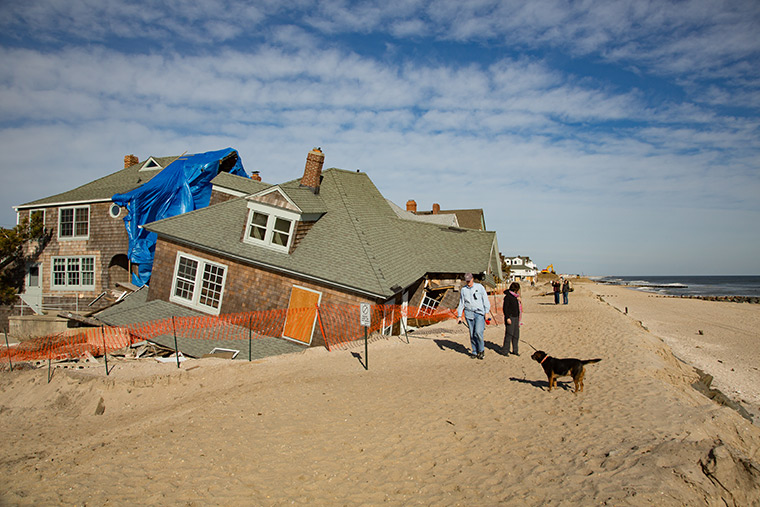
Living in New Jersey means being prepared for all types of weather, including hurricanes. While hurricanes may not be as frequent or severe in New Jersey as in other coastal states, it’s still important to understand the potential risks and how to stay safe.
Hurricane season in New Jersey typically occurs between June and November, with August and September being the peak months. These storms can bring strong winds, heavy rainfall, and the potential for flooding. Understanding the basics of hurricanes, such as how they form and how they are categorized, can help renters better prepare for the impact.
New Jersey renters should familiarize themselves with the evacuation zones in their area, as well as the routes they should take in case of a mandatory evacuation. It’s also important to stay informed about the latest weather updates and follow any instructions from local authorities.
By understanding the basics of hurricanes in New Jersey, renters can take the necessary precautions to protect themselves and their homes. We will review how to prepare your home, what emergency kit essentials to have on hand, evacuation planning, and more. Stay tuned for more tips on staying safe during hurricane season as a New Jersey renter.
Preparing Your Home for a Hurricane
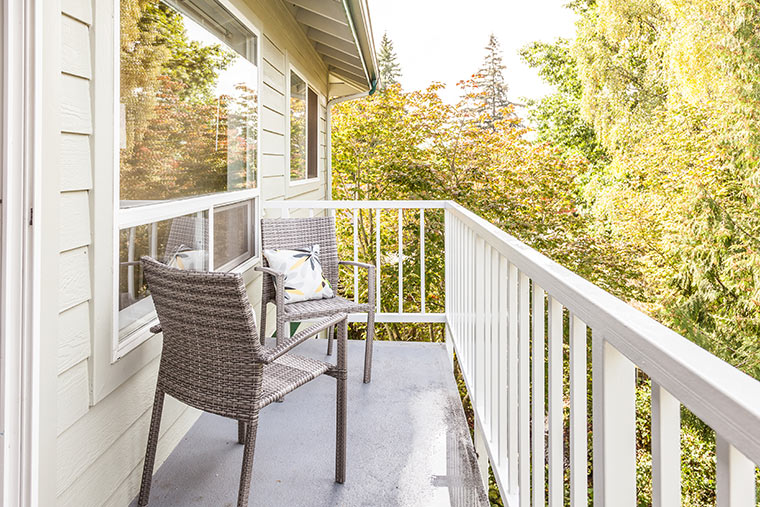
When it comes to hurricane preparedness, taking proactive steps to protect your home before a storm is crucial. As a New Jersey renter, there are several measures you can take to safeguard your home and belongings from potential hurricane damage.
Check Your Lease
First and foremost, familiarize yourself with your rental agreement to understand your responsibilities as a tenant. Some landlords may already have hurricane preparation protocols in place, while others may require you to take certain steps on your own. Make sure you are aware of these expectations to ensure a smooth and coordinated effort.
Bring Patio or Balcony Furniture Inside
This may seem self-evident but ensuring that your outdoor furniture doesn’t do damage or get damaged is an easy way to keep your possessions and your home secure. Bring any outdoor furniture or plants inside so that you and others can stay safe.
Secure Your Documents
Additionally, gather important documents and create digital copies of them. This includes your rental agreement, insurance policies, and identification documents. Keep these copies in a secure location, such as a waterproof and fireproof safe, or upload them to a secure cloud storage service.
By taking these proactive steps before a hurricane, you can ensure that your home is better prepared to withstand potential storms and protect both your belongings and your peace of mind.
Hurricane Emergency Kit Essentials
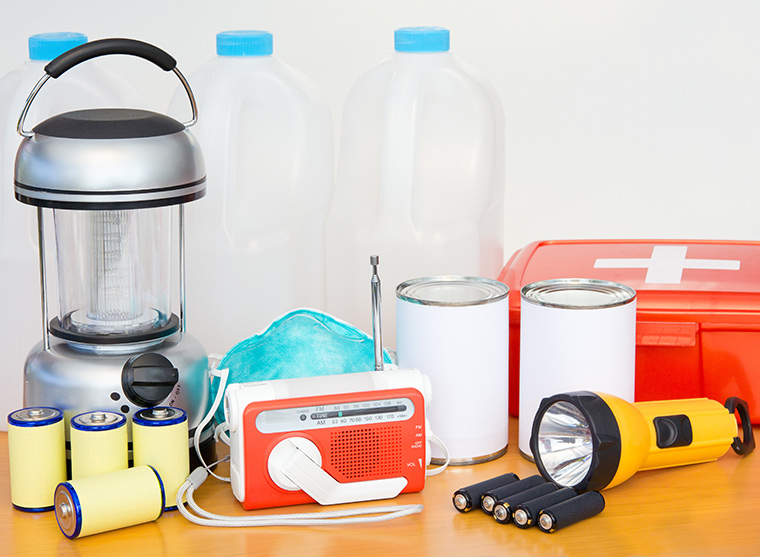
When it comes to hurricane preparedness, having an emergency kit is essential for every New Jersey renter. Your emergency kit should include items that will help you and your family stay safe and comfortable during and after a storm. Here are some essential items to include in your emergency kit:
1. Water
It’s important to have at least one gallon of water per person, per day, for at least three days. This includes drinking water and water for hygiene purposes.
2. Non-Perishable Food
Stock up on non-perishable items such as canned goods, protein bars, and dry snacks. Make sure you have enough food to last for at least three days.
3. First Aid Kit
Your first aid kit should include bandages, gauze, adhesive tape, antiseptic wipes, and any necessary prescription medications.
4. Flashlights and Extra Batteries
During a hurricane, you may experience power outages. Having flashlights and extra batteries on hand will help you navigate in the dark.
5. Battery-Powered or Hand-Crank Radio
A radio will allow you to stay updated on weather conditions and emergency information.
6. Extra Clothes and Blankets
Pack extra clothes, including rain gear and blankets to stay warm in case of power outages or damage to your home.
7. Personal Hygiene Items
Don’t forget to include items like toothbrushes, toothpaste, soap, and hand sanitizer.
Remember, it’s better to be over-prepared than be under-prepared. Make sure your emergency kit is easily accessible and regularly check expiration dates and replace any expired items. By having an emergency kit ready, you’ll be better prepared to handle any hurricane-related emergencies that may arise. Stay safe!
Evacuation Planning and Routes
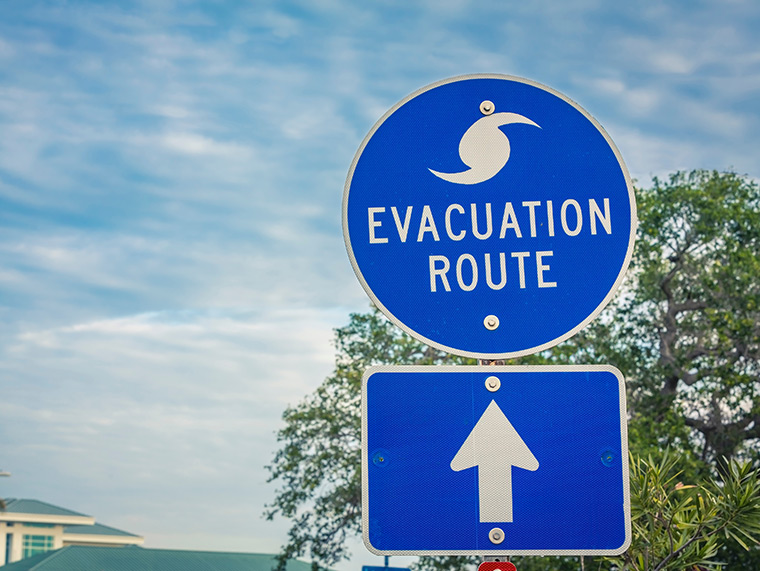
When it comes to hurricanes, having a solid evacuation plan is crucial for New Jersey renters. You never know when a storm could strike, and it’s important to be prepared in case a mandatory evacuation is issued. Start by familiarizing yourself with the evacuation zones in your area. You can find this information on your local government’s website or by contacting your landlord. Know the routes you should take to get to a safe location, whether it’s a shelter or a friend or family member’s house further inland.
If you don’t have access to a car, make arrangements with neighbors or friends who do, or check if your city offers transportation assistance during evacuations. Stay informed about any evacuation orders through local news sources or emergency alert systems. Make sure to gather your important documents, emergency kit, and any necessary supplies before leaving. Don’t wait until the last minute to evacuate, as roads can quickly become congested. By planning ahead and knowing your evacuation routes, you can ensure a smooth and safe transition during a hurricane.
Communicating with Neighbors
When it comes to hurricanes, it’s a good idea to communicate with your neighbors. Create a network of support where you can check on each other’s well-being during and after a storm. Share contact information, especially if you have elderly or vulnerable neighbors who may need assistance. Collaborating with your neighbors can help create a stronger sense of community and make hurricane preparedness efforts more effective.
After the Storm: Cleanup Tips
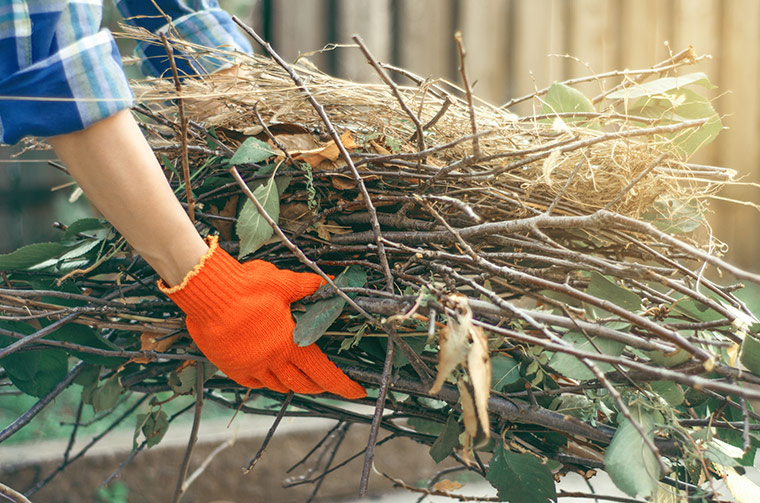
After the storm passes, the work isn’t over for New Jersey renters. It’s important to take the necessary steps to clean up and recover from the hurricane. Here are some cleaning and recovery tips for renters:
2. Notify your landlord: Contact your landlord as soon as possible to report any damage and discuss the next steps. They may need to coordinate repairs or inspections.
3. Clean up debris: Clear any debris or fallen branches from your patio or balcony where it is safe to do so.
4. Document damage to personal belongings: If your personal belongings were damaged, document the items and their condition. This will be helpful for renters’ insurance claims.
5. Follow instructions for repairs: Follow your landlord’s instructions for repairs and coordinate with them if necessary. They may need to bring in professionals to assess and fix the damage.
6. Take steps to prevent further damage: If there are any immediate repairs that need to be done to prevent further damage, communicate this to your landlord or management company to act accordingly.
Remember, the aftermath of a hurricane can be overwhelming, but by following these cleaning and recovery tips, you can begin to restore your rental property and get back to normal.
Keep Calm
During a hurricane, it’s crucial for New Jersey renters to remember to stay safe and listen to local authorities. If you’ve taken the necessary precautions and have a plan in place, you are more likely to stay safe during a storm. Stay calm and follow any instructions or evacuation orders from local authorities. Keep yourself informed about the latest weather updates and stay tuned with emergency alert systems. By being prepared, staying calm, and listening to authorities, you can help ensure your safety and the safety of your loved ones.


